Australian climate disclosure is set to evolve in 2024. The Federal Government in the process of implementing a globally aligned, mandatory, climate disclosure framework, that will be based upon the International Sustainability Standards Board’s (ISSB) climate standard, IFRS S2. It has been positioned as the biggest change in accounting standards since the introduction of GST.
This article captures the discussion between Stephen Catchpole, Energetics Finance Sector Lead, and Dr Tanya Fiedler, accountant, senior lecturer at University of Sydney and, from 2024, Scientia Fellow of the recently launched UNSW Institute for Climate Risk & Response (ICRR), and Energetics alumni.
Listen to our podcast.
The following is based on the transcript of the podcast episode.
(Stephen) With the upcoming mandatory climate disclosures soon to be introduced in Australia, are you worried businesses’ biggest focus is going to be on “finding the right numbers”, rather than thinking about it more strategically? How do you think businesses should be thinking about mandatory climate disclosures?
(Tanya) Yes. This is a hot topic for everyone, and in terms of the businesses’ focus, there's a lot of talk about around the numbers. Businesses are being required to collect forms of data and to disclose information that they've never had to disclose before. The challenge is for us to effectively tackle this monumental problem, businesses need to think much more deeply about the numbers. We all really need to think strategically, and you can't begin to get the numbers right or think about the numbers, if you don't do that.
So yes, the focus initially might be on the numbers. Sentiment might be "this is scary", the whole focus in this space is on the value chain, the boundary doesn't begin and end with your financial control boundary. So, you need to start thinking to actually get those numbers "right" (And I put "right" in inverted commas here because a lot of these numbers are very much estimates), in the strategic sense, you do need to start thinking much, much more holistically.
(Stephen) Traditionally the numbers that businesses have reported have been ones they’re confident in, that they've been able to pull off a balance sheet or internal systems. What are the big challenges with some of the numbers, like scope 3 emissions and forward looking climate risk estimations? Where do you see the challenges?
(Tanya) The challenge with scope 3 numbers is that people are largely recording this sort of information and making calculations and assumptions, or they're making people have to make assumptions to calculate scope three emissions. But, the calculations are being performed on spreadsheets. So if you think about it from an internal control perspective specifically how you begin integrating that information into your internal systems, there's lots of room for error. Then there's the matter of understanding which assumptions are we going to use? That requires a degree of insight and an understanding of the types of assumptions and data that exist in the marketplace that can be utilized in terms of forward-looking estimates of both physical and transition risk. There are deep complexities.
Another way of thinking about it is companies have always been asked to provide forward estimates and they're always uncertain. So, in some respects, climate information is no different to other types of forward-looking financial information. The nature of the complexities are the complexities that companies are less familiar with. Some of them have to do with the data that we're relying on. For example, we're relying on data that's derived from climate model simulations, knowing which of those models are appropriate to be used, whether other types of information needs to be brought in or not, what the uncertainties are associated with that information. Then there are all the complexities within the climate system itself, that need to be thought through, including which sources of information is a business going to use.
There’s a lot of layers to it and it’s one of those spaces where you really do need to invest in, in expertise, both in-house and, and externally to arrive at these estimates. Going back to that point that businesses really need to start thinking more strategically, because it is a whole of company approach. How do you face the future in an uncertain climate? The world is changing, it’s not going to look like what it did in the past, and businesses have to change as well.
(Stephen) some of the ESG professionals we speak to are struggling to get the organisation really mobilised around this. What advice would you give to ESG professionals to get traction around what is going to be a fundamental change to the way a business operates?
(Tanya) A lot of companies are still seeing climate change as an environmental risk, and I think that’s thinking requires a fundamental shift. As an ESG professional, if you’re trying to get traction internally, it’s around helping the finance division of the organisation understand that this is actually a financial risk. Climate risk is just as important as foreign exchange risk or credit risk, it’s no different.
(Stephen) So it’s about pulling down that fence internally and bringing climate risk front and centre?
(Tanya) Yes, that’s right. Then there’s just purely the “stick” aspects of it, the requirements that are coming forward now in terms of the changes to the Corporations Act that are going to be made, will require companies to present climate related information in their annual financial reports. And if that information, if the financial effects of that are material either quantitatively or qualitatively, then then it should be presented in the financial statements as well.
(Stephen) That's a massive shift from current reporting. Do you think there's a capability gap? And if so, what do you think needs to happen to close it?
(Tanya) I think there's an enormous capability gap. I'm hearing that from everyone. I'm a qualitative researcher, and so I interview people across the marketplace. I'm speaking with standard setters, auditors, regulators, preparers, investors, and everywhere I look, there's a capability gap.
Everyone is concerned with how they're going to go about preparing this information. How they're going to go about understanding and analysing this information; how it's going to be regulated; how it's going to be assured; and how we're going fix that for companies. A large part of that is just getting your hands dirty. Because it's a type of information that people are so unfamiliar with, you just have to dive in. You’ll also have to involve external expertise because it's highly unlikely that you're going to have internal expertise. Noting that you need to work together. It's not something you can just hand over to experts externally. The information that you are going to disclose needs to be co-produced because you will have learnings internally about your organisation that will determine how analysis is conducted so you’re provided with better strategic outcomes. It's too complex and there are too many uncertainties. If you don't incorporate both external expertise and internal knowledge, local knowledge, you're going to get it wrong.
(Stephen) That's certainly something we've observed. Here at Energetics, we adopt a partnership model that is underpinned by a collaborative approach. Clients know their business the best, but they can't be across everything that's happening in the world, and they need an expert who can help them along that path. On that topic of capability building, a couple of months ago I was at the launch of the UNSW Institute for Climate Risk and Response, which you are going to be part of. Can you tell our listeners a little bit about the ICRR and the research areas you'll be working in, and how those line up with some of the challenges we've talked about today?
(Tanya) The ICRR is a new interdisciplinary institute at the University of New South Wales (UNSW). It's a collaboration between a number of faculties, so faculty of science and the Climate Change Research Centre at UNSW, as well as the faculty of business, law and psychology. My own position is joint, between the school of Accounting and the UNSW Institute. There'll be a variety of different types of research that are being conducted. In terms of the work that I'm interested in, I've got quite a strong interest in the physical risk aspects. So, I'm already working with some of the climate scientists at UNSW to understand how information is translated from climate models into financial figures, then ultimately into the financial statements. As well as from a managerial accounting perspective, including what sort of systems companies need to develop internally to manage these new data flows, how they internally come to terms with the levels of uncertainty that we're facing, and how their internal systems can handle those levels of uncertainty.
(Stephen) I think that also brings us back to the earlier point around organisations needing to break down their internal silos. It’s great the ICRR is doing the same thing across the university and hopefully tackling some of these challenges that we've got.
(Tanya) It's the only way that we can do this. It's just the same as climate change itself, it's a whole of society response. It has to be a whole of society response, within organisations as well as within universities. There has to be this really deep interdisciplinary engagement because we need to build new forms of knowledge, and these new forms of knowledge aren't disciplinary in nature. Some people might call transdisciplinary knowledge, because we’re building a new knowledge system from scratch, and we have to do it very rapidly. So everyone has to come together.
(Stephen) Are there any final words you'd like to leave our listeners with today?
(Tanya) Don't be scared! Just because if we do get this right, climate change actually presents an enormous opportunity for us all. It presents an opportunity for us to live differently and for many businesses there can be great opportunity in the transition.
Related insights
-
Mandatory climate disclosures | ISSB, IFRS Part 4: IFRS S2 requirements relative to TCFD recommendations. How will climate…READ MORE -
Mandatory climate disclosures | ISSB, IFRS Boards should see ISSB as an opportunity for sustained profit, not merely compli…READ MORE -
Podcast | Climate risk Dangers of extreme heat are rising | Libera Te Tutemet Ex InferisREAD MORE











